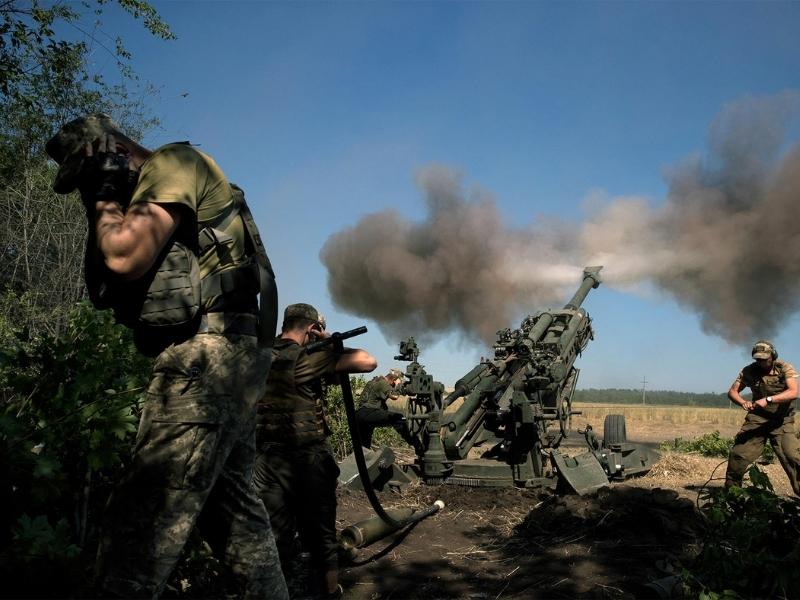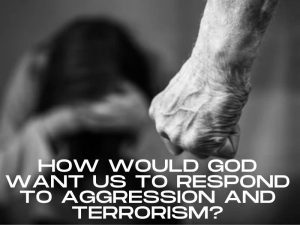War can be justifiable, but only in certain situations. Unfortunately, the world’s politicians are eager to fight conflicts that serve little purpose other than to enhance their reputations or positions of authority. Within the limitations of battle, there may be noble behavior and spirit: young people may readily give their lives for a cause they believe is just out of a feeling of responsibility. But regrettably, this noble attitude could be motivated by political leaders whose activities render them war criminals; criminals who seldom are prepared to make an equivalent sacrifice of their life.
Up until this point in history, war has been associated with the anticipation of human casualties. Lives that are often the greatest and most youthful that a country has ever produced. There aren’t many justifications for going to war since the cost to a nation is so great.
What Is War?

A war is often fought between two nations or groups of nations with the intention of accomplishing a goal via the use of force. Civil wars and revolutionary wars can also be waged within a nation.
The Oxford English Dictionary gives the following definition of “war”:
A situation of armed conflict between various nations or between groups living in the same nation. A condition of rivalry or enmity between several individuals or organizations. A persistent campaign to stop a bad thing from happening.
Wars have been a part of human history for thousands of years, and as industry and technology have developed, they have grown more devastating.
Why Do Wars Break Out?

Conflicts seldom have a single, obvious root reason that leads to war. A conflict typically has several different root causes that are intricately entwined. Over the years, a variety of hypotheses have been proposed as to why conflicts break out, and some of the greatest minds have shared their opinions.
Main Causes of War

For additional details on each of these causes of conflict, keep reading.
Economic Gain

A country’s desire to seize control of another country’s resources frequently starts conflicts. Even when the proclaimed goal of a war is portrayed to the public as something more noble, most wars have an economic motivation at their core, regardless of any other possible causes. In pre-industrial periods, a belligerent nation would want to win valuable commodities like gold and silver or livestock like cows and horses. The resources that are supposed to be won by battle nowadays take the shape of things like oil, minerals, or industrial materials. Some academics predict that conflicts will arise more frequently over basic necessities like food and water as the world’s population rises and basic resources become scarce.
Regional Gain

A nation may determine that it requires additional land for habitation, agriculture, or other uses. Additionally, territory might serve as “buffer zones” between two hostile adversaries. Proxy wars relate to buffer zones. These wars involve rival powers engaged in covert warfare in a third country. Each power backs the cause that best serves their logistical, military, and financial objectives. During the Cold War, proxy conflicts were extremely prevalent.
Religion

Religious disputes can stem from extremely profound issues. They may go dormant for many years before suddenly resurfacing at a later time.
Religious conflicts are frequently linked to other causes of warfare, such as nationalism or retaliation for perceived historical injustices. Separate sects within a religion (such as Protestant and Catholic, or Sunni and Shiite) fighting against one another can also start wars, just as different faiths fighting against one another might.
Revenge

War is sometimes waged in an effort to punish, make amends for, or just get back at someone for a perceived insult. Revenge has a connection to nationalism as well because when a nation has been wronged, its citizens are inspired by pride and spirit to take action.
Unfortunately, this might start a vicious cycle of retaliatory battles that would be very difficult to put an end to. It is common for the line between aggressor and victim to get blurred, with everyone involved believing they are fighting a fair battle to right historical wrongs. Retaliation has historically played a role in a number of European wars.
What Does “Just Cause” Mean?
A war can only be justified if it is waged for a cause that is both morally compelling and justifiable. The nation wishing to employ military force must prove that there is a legitimate reason for doing so. To remedy a wrong is the primary righteous reason. A battle that is waged to right a wrong may occasionally be seen as justifiable. Conflicts to protect the innocent are increasingly seen as righteous wars in modern times (which fits with the idea in some religious literature that it is better to defend an innocent than to defend oneself).
Can War Be Justified?

War is only morally acceptable when a nation engages in self-defense to safeguard its whole nation. One may contend that wars that are waged for humanitarian reasons or because they appear morally decent are likewise permissible. These kinds of conflicts, however, are typically waged to forge political ties rather than to defend the nation, and thus do not serve to advance the interests of their country as a whole.
The most obviously justifiable kind of war is a defensive one, which typically entails an attack on one’s own territory or material possessions by an outside power or nation.
If and how war may be justified must be a pressing concern for people who devote their lives to preventing and ending conflicts. Of course, defending war is a long-standing practice. Surprisingly, the concept of a Just War was developed within the Christian church, whose founder advocated for virtue against evil and picked a donkey as his war animal. Not only is the idea still widely accepted among churches, but it has also gained and continues to hold influence in political and military circles, as Dan Smith, the leader of a significant NGO working for conflict transformation, explains in a recent article on the subject.
Conclusion
To sum up, the information on wars provided above is significant and crucial to understand. War is not always the option, and if it does break out, precautions should be taken to ensure that it is justified.









